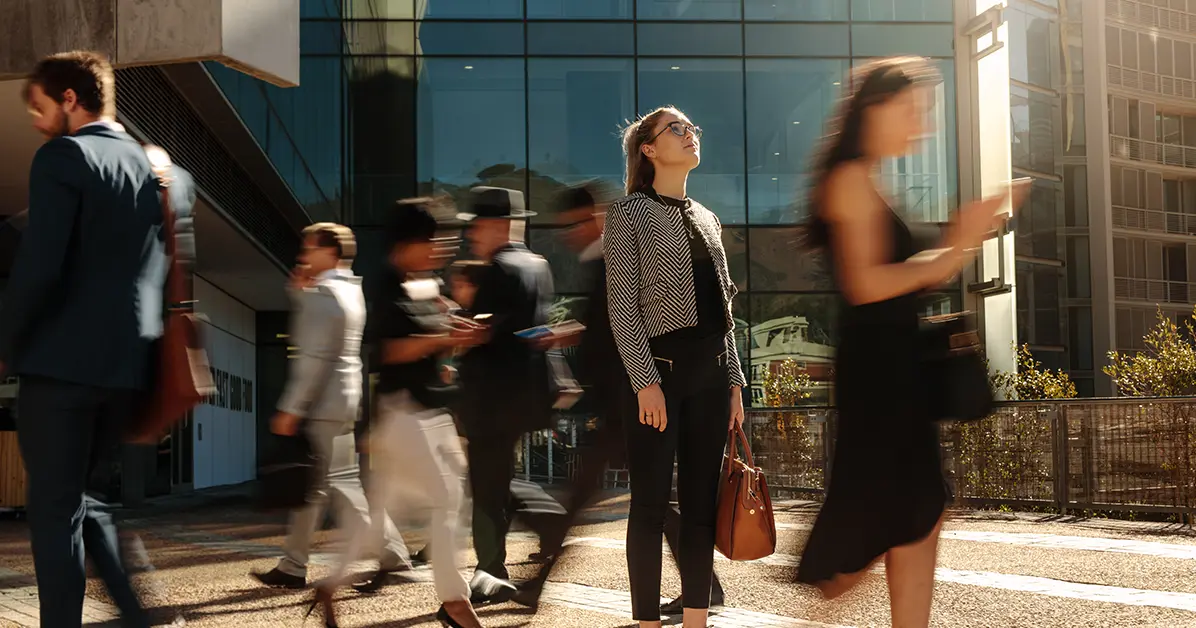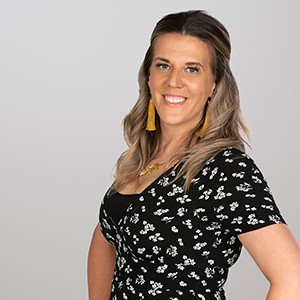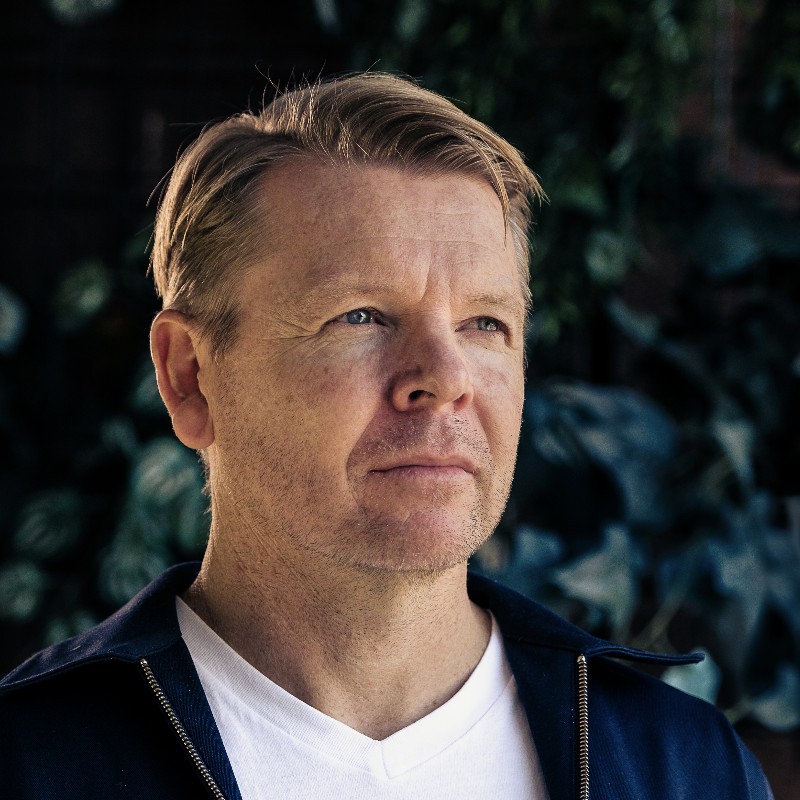When I first started in recruitment, I was having a conversation with my colleague about preparing candidates for interviews discussing what to focus on, examples to prepare, and questions to ask. It got me thinking about the balance of talking vs. listening in an interview environment and apart from responding to questions, if you do only have limited opportunities to speak, what should you focus on saying?
Rule of 3
After this discussion and many others, my mentor Ray Brown of LifeMentoring.com informed me of what I thought was an excellent rule of thumb: the Rule of 3. According to this there are three things you should do in an interview, conversation wise:
- Make a statement (usually in response to a question)
- Listen (to your interviewer)
- Ask a question
Most of us are very well practiced on making a statement — particularly about ourselves — and the more interviews you go to the better you get at succinctly rifling off your work history, key achievements, skills, vision and so on. Second to that, it is probably just as easy to listen when your interviewer is telling you more about the business and the role itself, focusing on KPI’s, deliverables, and any benefits the company affords its employees.
All of the above is very important and should not be overlooked as they are 2 key pieces of the puzzle however I believe a lot of people underestimate the importance and power of the third and final element: well thought out, insightful, and relevant questions and the sway they have in an interview environment.
Conversation control
Questions are, in my opinion, the key tool in giving you control in an interview; they give you more than just the interviewers response. They show an interviewer that you have done a lot of preparation for that specific interview and therefore take the role, and in turn the business, very seriously.
They also give you control over the conversational flow of an interview environment. For example, with your questions you can direct the conversation to gain further insight in aspects of the business, the role, and even the interviewer personally, that perhaps others would not have.
Now when I use the term ‘control’ I must stipulate that this does not mean I encourage you to take over the conversation and limit the opportunities for the person on the other side of the table to speak. I am simply referring to the type of control that allows you to have a strong conversation, directing in some way what is and isn’t spoken about, and delving further beyond the surface level information to understand the essential and most important elements of the role or business.
Question types
When it comes to questions types there are ways and means of asking for a particular response. Typically it is split into 2 different types: open-ended & closed questions.
- Open-ended questions are the questions that open up the fullest range of possibilities and open up the respondent to a larger range of answers and elaboration or further discussion.
- Closed questions are questions that generally elicit yes or no answers. They can bring the respondent to different conclusions or elaborations, but the extent of this is structured by the question.
Knowing what type of question to use will mean that you will need to know what type of response or answer you are looking for. Having a strong and clear vision for what you want to get out of the interview and what type of information you want to obtain from your questions is essential. This will also help you in how you formulate your questions and deciding where you want to focus the conversation.
Example questions
Obviously there are a myriad of questions you could potentially ask but a few that I always like to ask and I find usually yield great conversation are:
- Why did you join (the organisation)?
- How would you define success for this role in the first 6-12 months?
- What would you say are the common traits of high achievers in the business?
- What is the current structure of the team/who would this role be working with day-to-day?
- How would you define the culture of the organisation?
- What does a typical day look like in this role?
- What are the future goals of the business in the next 6-12 months?
- Is there a focus on learning & development within the business and if so what does this look like?
Now whilst I feel as though these questions bring about a much wider understanding of the business and the role, not to mention a more valuable conversation in general, there is a secondary element that is vital to these and any other questions.
The follow up question
An oft-missed element of effective question asking is the follow up question. Simply put, it means to follow a question with another question that probes for deeper understanding. For example, if you start an interview and ask, “How is your day going today?” and they say, “Great thanks,” the follow up question rule would have you ask something like,“Fantastic, what has made today so great?”. This second question demands a higher level of engagement and initiates a more thoughtful response as opposed to the first.
That second question instigates a conversation to which you have control and which, with further questions, you can learn much more about the other person rather than leaving it at the standard formalities. It sounds simple, and it is, but it is highly under-valued in its importance and effectiveness. It also can show you as curious, engaged, thoughtful, and proactive — all big ticks in any potential employers book.
Creating authenticity
The final and most valuable aspect of asking questions in an interview (or in any conversational environment) is that it is the most effective way of developing authenticity between you and the interviewer. Asking questions over making statements shows the interviewer that you value their responses, opinions, experience, and business values over your own knowledge and can be the fastest way to build trust and transparency.
Finally, I think it is worth mentioning that the value of asking questions does not stop at the interview. When you land that dream job, continuing to ask questions of your manager(s) and co-workers will also encourage a strong collaborative and supportive environment. This can be really important, particularly in the first 90 days of your new job.
Remember, with every question you ask you get to learn a little bit more, get to understand a little better, and you get another piece of insight that will help you not only in your job but in all areas of your day to day life.
ABOUT SIMON
After completing a Bachelors degree in Industrial Design from Monash University, I started out as a contracting designer working in both graphic & product design before moving into a senior designer role at a firm in Melbourne. After 3 successful years in the industry I had a craving to make a change and recruitment was the next big challenge. I am a firm believer that creative and digital talent are the most valuable professionals we have at our disposal, I love pushing the boundaries, problem solving and I’m always keen for a coffee! If you are looking for or thinking about bringing Freelance Talent into your agency, I am always available to discuss what projects or needs you may have and help connect you with the best talent to solve your problems, give me a buzz.
Latest.

Hiring in Australia: 5 trends redefining our job market
Hiring Insights, Industry Trends, Ask Aquent, Leadership

How to avoid creative burnout and refill your creative tank (before you really need to)
Thought Leadership

AI adoption failing isn’t the tech, it’s the people. How smart businesses overcome this.
Technology, Thought Leadership, Industry Trends



